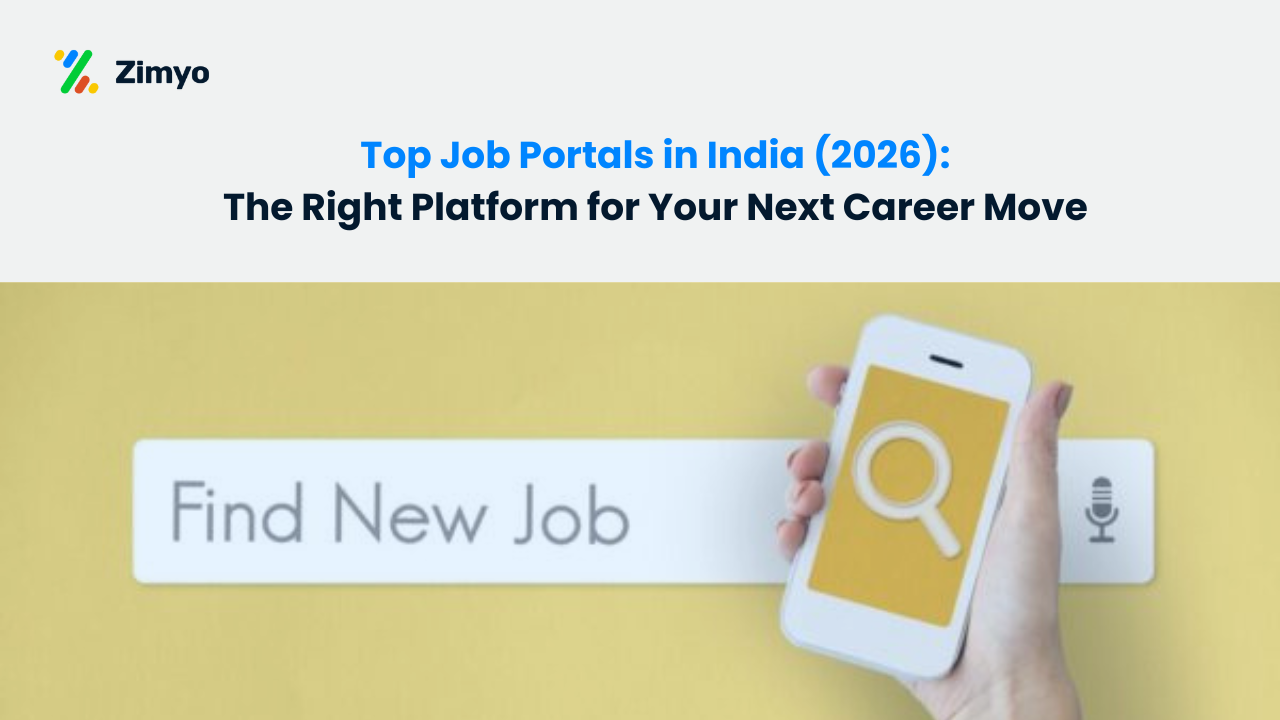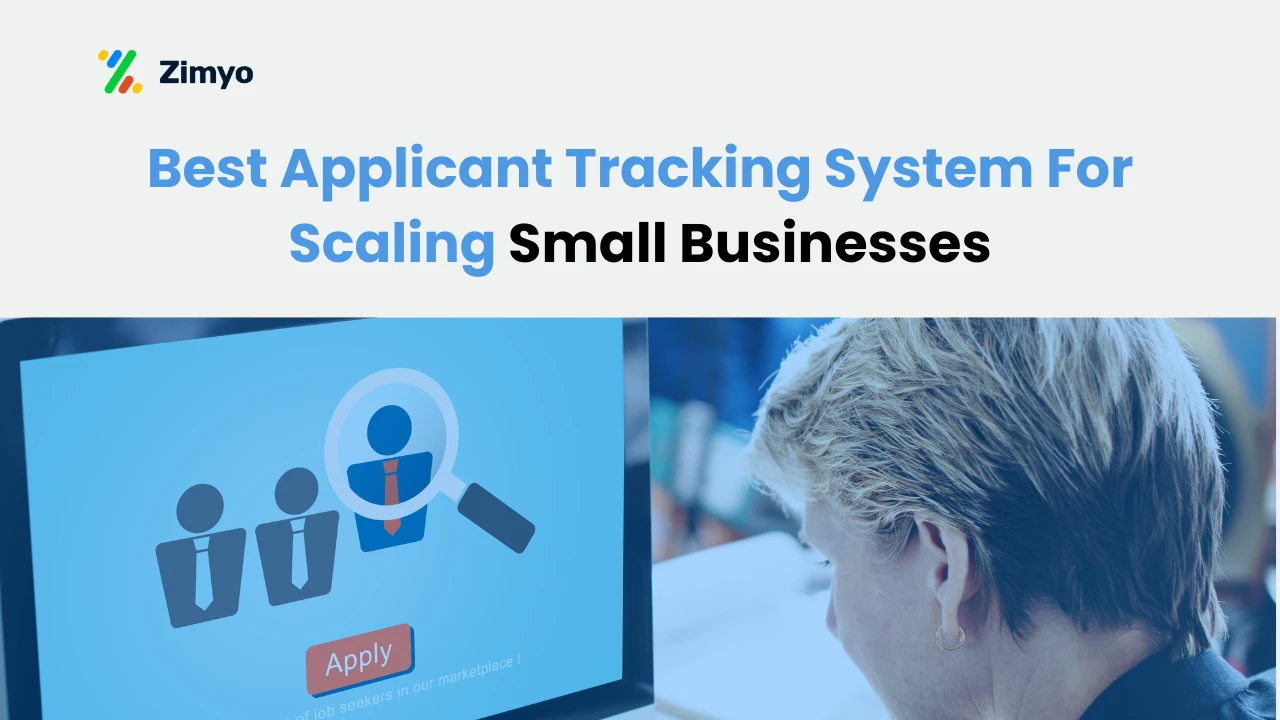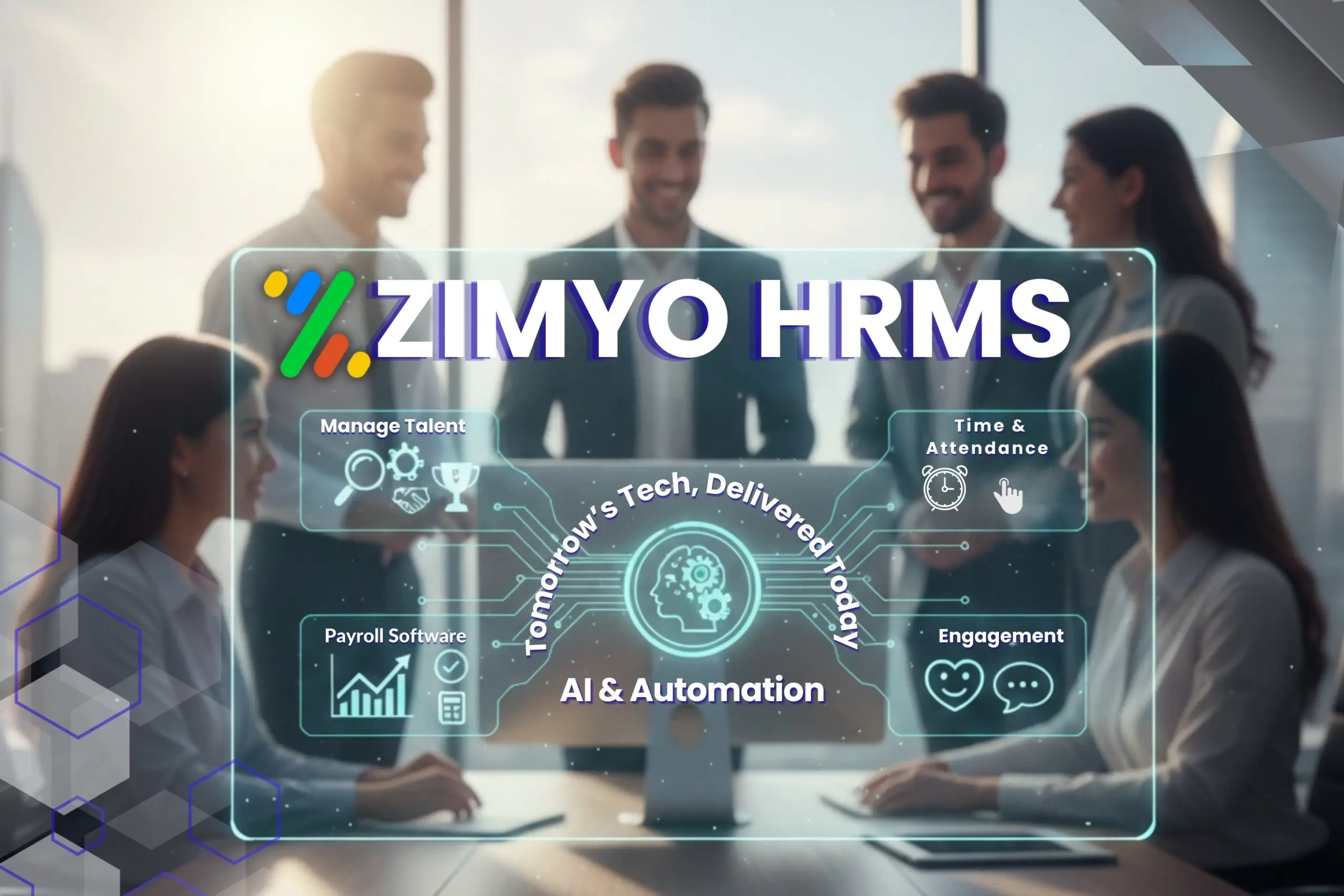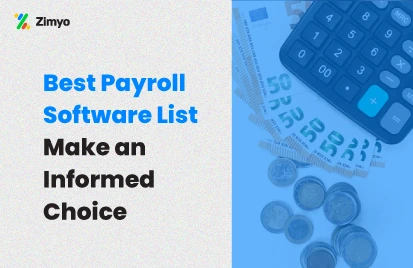You’d agree that hiring is one of the most crucial aspects of running a successful small business. Because great hires facilitate growth, and poor hires drain resources, productivity, and team morale. However, small businesses are often challenged with hiring due to limited budgets, smaller HR teams, and large quantities of candidates to filter through. This is where the best recruitment software for small business would prove handy.
Recruitment software, especially Applicant Tracking Systems (ATS), has made the life of a small business easier in regard to finding, attracting, and swiftly hiring the best talents. These systems automate job posting, track applicants, manage candidate communication, and many other functions, thereby saving time and reducing cost.
This blog will discuss what is recruitment software, list the best recruitment software for small business, emphasize must-have features, inform you on how to pick the one best suited for your need, and give the trends in hiring software.
What Is Recruitment Software?
Recruitment software, also referred to as applicant tracking software (ATS) or hiring software, is a computer program that is designed to automate and facilitate the hiring process. It helps HR departments and entrepreneurs with job posting management, resume screening, interview scheduling, and tracking candidates throughout the hiring process.
For small businesses, ATS software provides much-needed support by:
- Centralizing candidate information in one platform
- Automating repetitive hiring tasks
- Providing collaborative decision-making tools
- Assisting in shaping an improved candidate experience
A few advanced platforms also offer AI hiring tools as well as candidate relationship management systems making it simpler to develop a solid talent pipeline.
List of Top Recruitment Software for Small Business
1. Zimyo
2. Manatal
3. Workable Recruiting
4. Greenhouse
5. Rippling
6. Recruit CRM
7. Freshteam
8. Wizehire
9. Recruitee
10. JazzHR
11. TalentReef
Best Recruitment Software for Small Business: In Detail
Let’s discuss the best tools that small businesses can utilize to align their recruitment processes.
Zimyo is an integrated HR recruitment software that aims to provide small and medium businesses with cutting-edge recruitment solutions. Unlike traditional systems that are heavy, Zimyo boasts a friendly interface and seamless processes. Its small business applicant tracking system is built to automate tedious recruitment routines, improve candidate experience, and reduce time-to-hire.
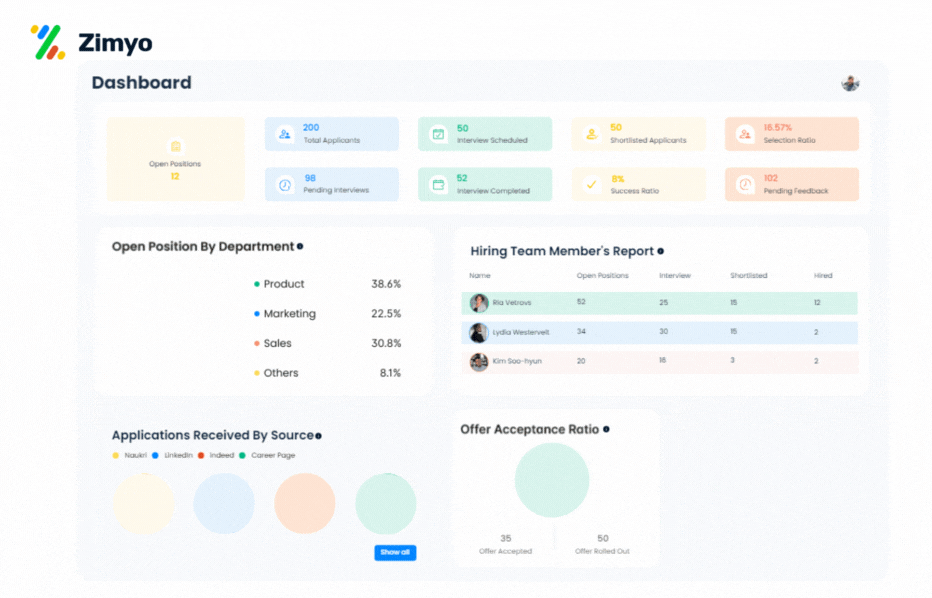
Features:
- Easy-to-use applicant tracking system (ATS)
- Job postings that can be customized on multiple sites
- Candidate pipeline management with accurate visualization
- Resume parsing and shortlisting through automation
- Interview scheduling and feedback collection
- Seamless integration with payroll and HR modules
Pros:
- Low priced for small organizations
- Easy to use and simple interface
- Integrated with other HR modules like payroll and employee management
- Exceptional customer support
Cons:
- Fewer third-party integrations compared to enterprise products
2. Manatal
Manatal is a fresh recruitment software that applies AI to empower small businesses to recruit faster and smarter. It goes beyond being an ATS with additional candidate enrichment, AI-driven recommendations, and CRM-type capabilities for building long-term relationships with talent.
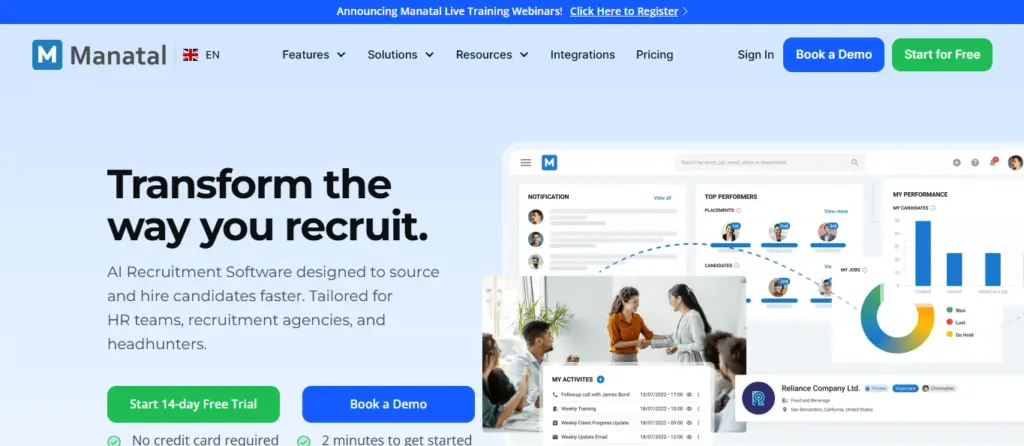
Features:
- AI recommendations of candidates by requirement
- Candidate relationship management system (CRM)
- Resume enrichment from social media and LinkedIn profiles
- Drag-and-drop pipeline management
- Detailed reporting and analytics
Pros:
- Affordable pricing plans
- Process of shortlisting is sped up and enhanced with AI capabilities
- Social recruitment through social media makes candidate searching easier
- Best suited for small groups with minimal HR bandwidth
Cons:
- Minimal workflow flexibility
- Gentle learning curve for new users with little AI-based system experience
3. Workable Recruiting
Workable is also one of the best-known small business recruiting software solutions. It’s famous for its capacity to post jobs in hundreds of job boards with the click of a button, as well as providing sophisticated collaboration tools for hiring teams.
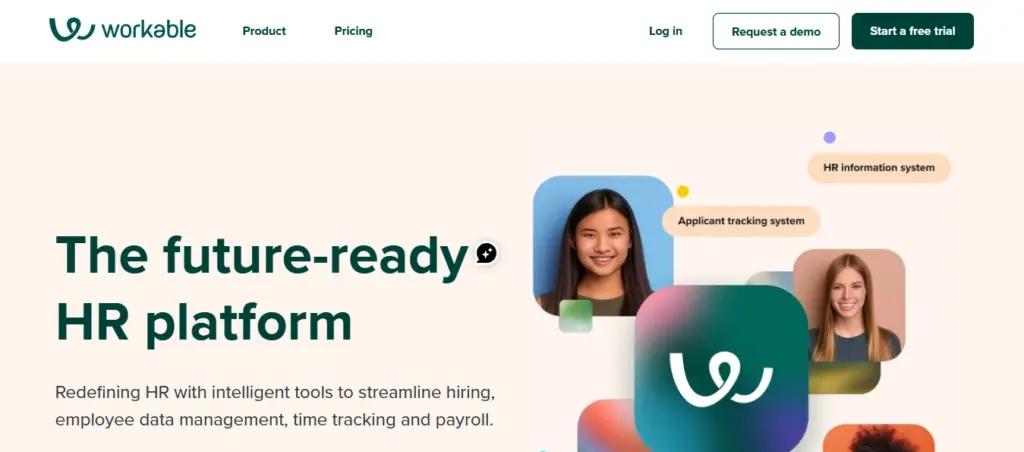
Features:
- One-click posting to 200+ platforms
- AI-based sourcing and candidate recommendations
- Interview kits, templates, and guided feedback tools
- Hiring on the move through mobile app
- Automated workflows for screening and scheduling
Pros:
- Highly scalable for small and growing businesses
- Strong collaboration features encourage team involvement
- Great for businesses expanding rapidly
- Detailed analytics on candidate performance
Cons:
- Higher pricing compared to others
- Some advanced features are locked behind premium plans
4. Greenhouse
Greenhouse is an advanced recruitment software with a focus on systematic and inclusive hiring. It is adopted by many organizations for its diversity, equity, and inclusion focus during the hiring process.

Features:
- Customizable hire workflows based on different roles
- Systematic interview scorecards and interview kits for unbiased hiring practices
- Detailed analytics and reporting tools
- Candidate experience and engagement tools
- Integration with multiple HR tools
Pros:
- Rich analytics and reporting features
- Extremely customizable workflows for various teams
- Best suited for companies that are taking structured hiring and diversity seriously
Cons:
- May be costly for extremely small companies
- Setup and onboard can be time-consuming
5. Rippling
Rippling is an all-in-one HR, IT, and payroll platform with embedded recruiting. Its strength lies in how it brings together hiring, onboarding, and managing employees, and thus is a good option for small businesses looking for an all-in-one solution.
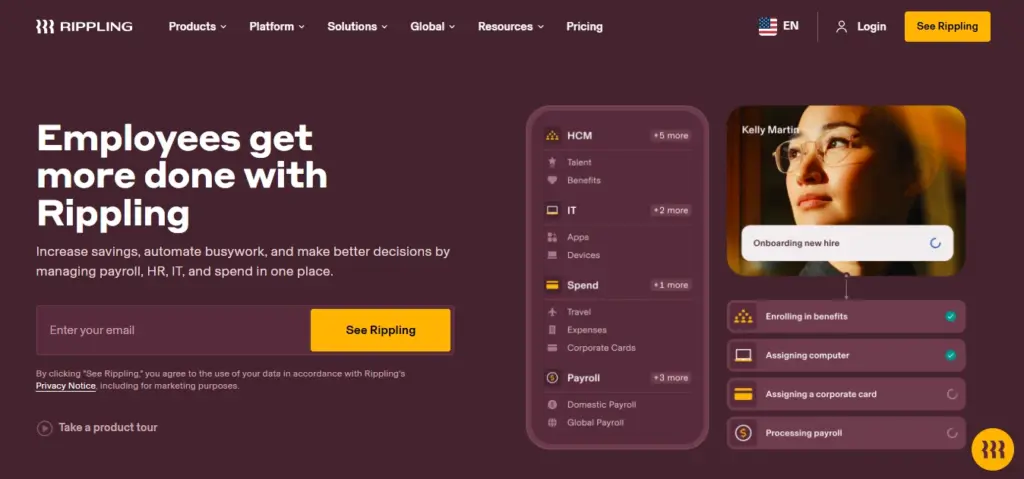
Features:
- Job posting and applicant management
- Seamless onboarding with payroll integration
- Employee background checks
- Automated compliance procedures
- Centralized HR system
Pros:
- Great all-in-one HR solution
- Smooth HR and IT tool integrations
- Saves time by connecting recruiting to onboarding
Cons:
- Can be too costly for cash-strapped startups
- Recruiting features are less advanced than specialized ATS software
6. Recruit CRM
Recruit CRM is a software designed for use within small business and recruitment agencies, providing ATS and CRM within one. It helps with client relationship management as well as candidate tracking in an efficient manner.
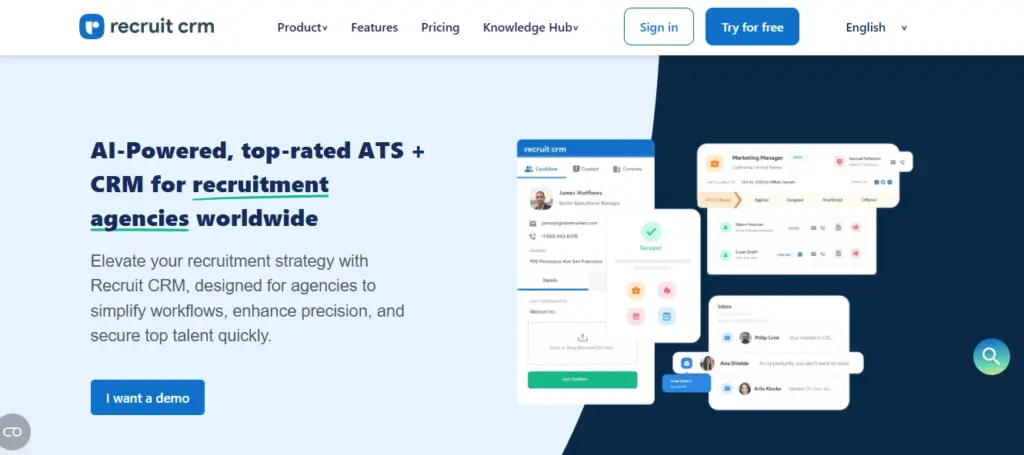
Features
- CRM + ATS under one roof
- Candidate sourcing and resume tracking
- Automated email for candidate communication
- Pipeline management dashboard with customization
- In-depth reporting and analytics
Pros:
- Collapses ATS and CRM into one for improved talent and client management
- Simple-to-use interface
- Cost-effective and adaptable pricing options
Cons:
- Few third-party integrations
- Advanced reporting in higher-end plans alone
7. Freshteam
Freshteam by Freshworks is designed especially for small companies seeking a light yet robust small business recruitment software. It’s a solid choice for startups with minimal HR support.
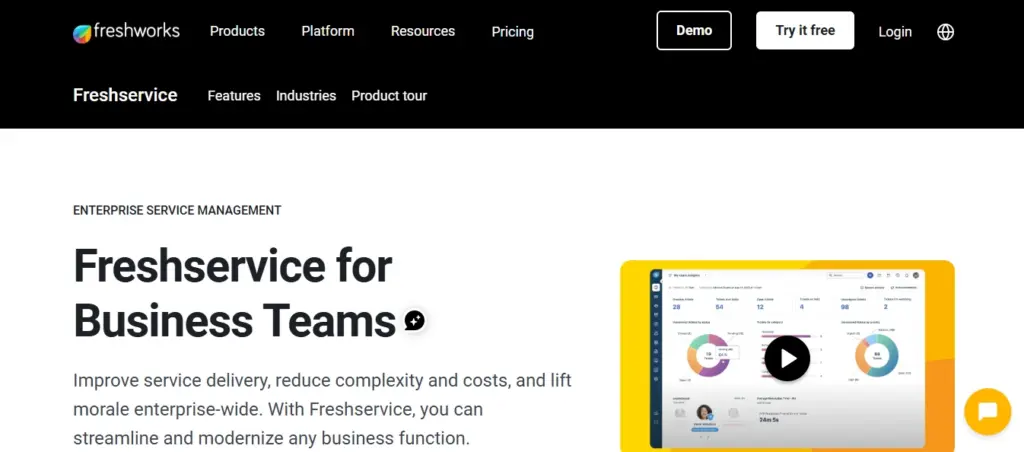
Features:
- Applicant tracking system with pipeline customization
- Career site builder for employer branding
- Employee referral management
- HR tools for tracking time off and employee databases
- Mobile app for recruiters and hiring managers
Pros:
- Free plan for extremely small teams
- Smooth integration with Freshworks suite (CRM, helpdesk, etc.)
- Extremely easy to install and use
Cons:
- Limited automation in free plan
- Businesses may have to upgrade to higher plans as they grow
8. Wizehire
Wizehire is a simple, effective recruitment solution for small businesses, especially those without a separate full-time HR department. It allows business owners to post better jobs and screen candidates effectively.
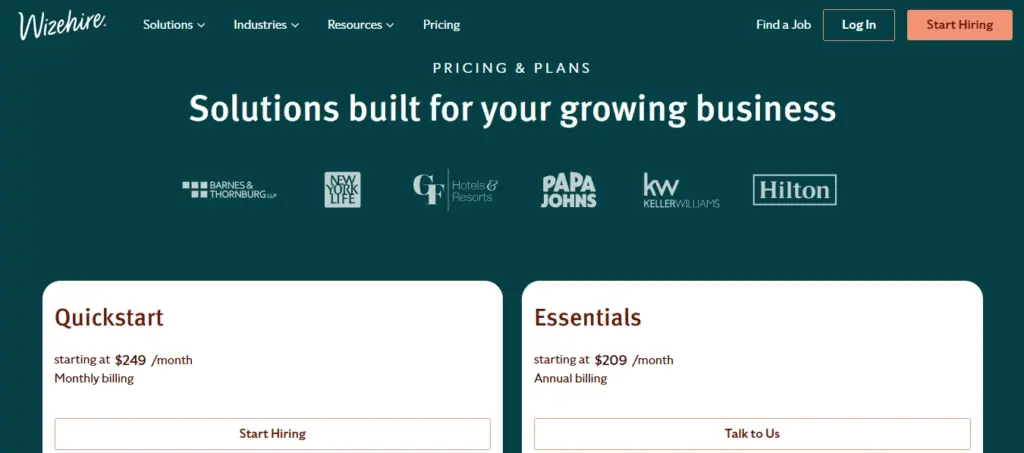
Features:
- Pre-written and editable job descriptions
- Personality and behavioral testing
- Job board posting on many platforms
- Team-based hiring decision collaborative tools
Pros:
- Ideal for non-HR specialists
- Assessments aid in identifying cultural fit
- Highly supportive customer support
Cons:
- Limited advanced ATS features such as automation
- Most ideal for small teams, not so much for scaling businesses
9. Recruitee
Recruitee is an open recruitment platform that streamlines the hiring process and team-based. It’s especially loved by startups that value teams first in the hiring process.
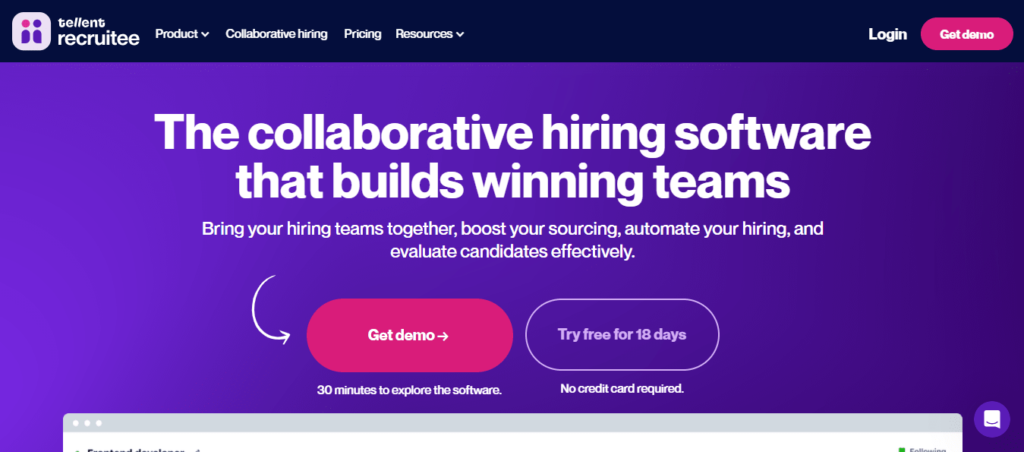
Features:
- Drag-and-drop hiring pipelines
- Job board integrations
- Employer branding and career site options
- Recruitment analytics for performance measurement
Pros:
- Collaboration-driven design
- Easy-to-use pipeline management
- Affordable with great features for SMBs
Cons:
- Some advanced features require costlier plans
- CRM capabilities are limited
10. JazzHR
JazzHR is a budget-friendly ATS for small companies that gives startups flexibility to tailor recruitment processes based on their needs. Its simplicity and low cost make it extremely popular among small teams.
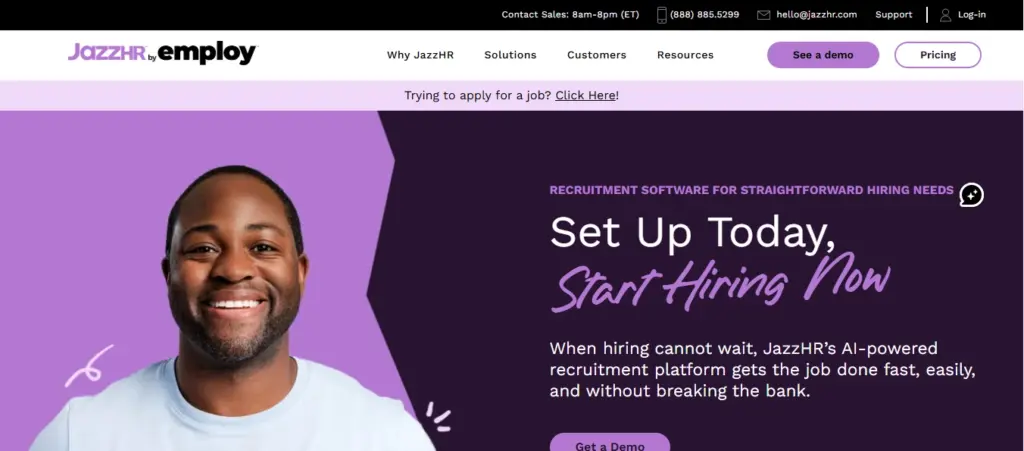
Features:
- Job posting and syndication to job boards
- Resume screening and candidate filtering
- Customizable workflows and interview templates
- Collaborative hiring features with unlimited users
Pros:
- Cost-effective for small companies
- High level of customization offered
- Scales well with growing hiring needs
Cons:
- Limited advanced reporting
- Customer support response time can be improved
11. TalentReef
TalentReef is ideal for high-volume, hourly hiring and is a great fit for small companies in industries like retail, restaurants, and hospitality. It is designed to simplify the candidate experience through mobile-first applications.
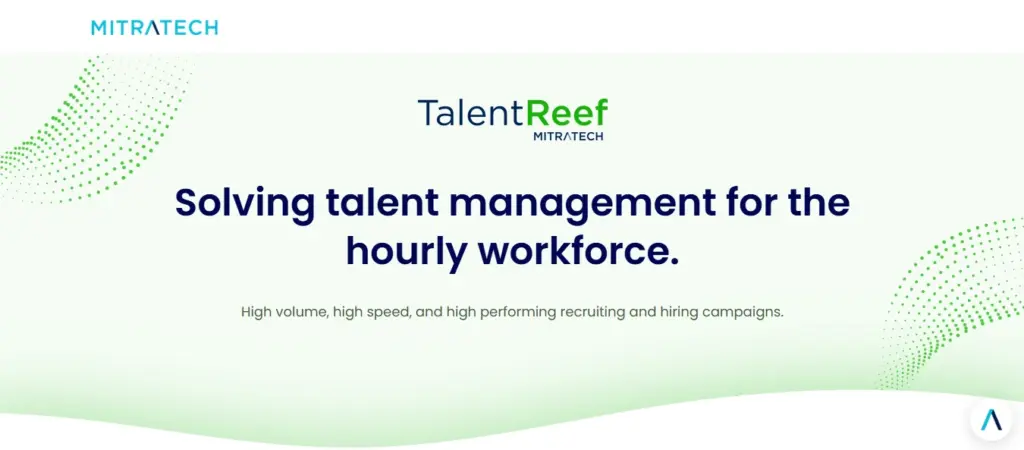
Key features:
- Mobile-first, simple application process
- Onboarding tools for hourly workers
- Compliance and document management
- Candidate communication and scheduling tools
Pros:
- Ideal for small businesses in hourly industries
- Simple app to use and mobile-first application process
- Effective onboarding reduces employee turnover
Cons:
- Not as ideal for professional or executive hiring
- Graphical user interface may appear less innovative compared to others
Must-Have Features in Recruitment Software
When choosing recruitment software for small business, the following must-have features are worth looking out for:
- Applicant Tracking System (ATS): To manage candidates systematically from application to hire.
- Job Board Integration: Post jobs across various sites at once.
- Resume Screening: Save time by automatically filtering qualified candidates.
- Collaboration Tools: Allow managers and HR teams to give structured feedback.
- Candidate Relationship Management (CRM): Build long-term talent pipelines.
- AI Recruiting Tools: Use smart automation for candidate suggestions and ranking.
- Analytics & Reporting: Measure time-to-hire, cost-per-hire, and quality of hire.
- Mobile Access: Recruiters and candidates can access the platform on the go.
- Customizable Workflows: Tailor the hiring process to fit your company’s needs.
For small businesses, these features ensure that hiring stays efficient without overwhelming small HR teams.
How to Choose the Right Recruitment Software (Step-by-Step Guide)
Choosing the best applicant tracking system for small business can be overwhelming. Here’s a step-by-step approach:
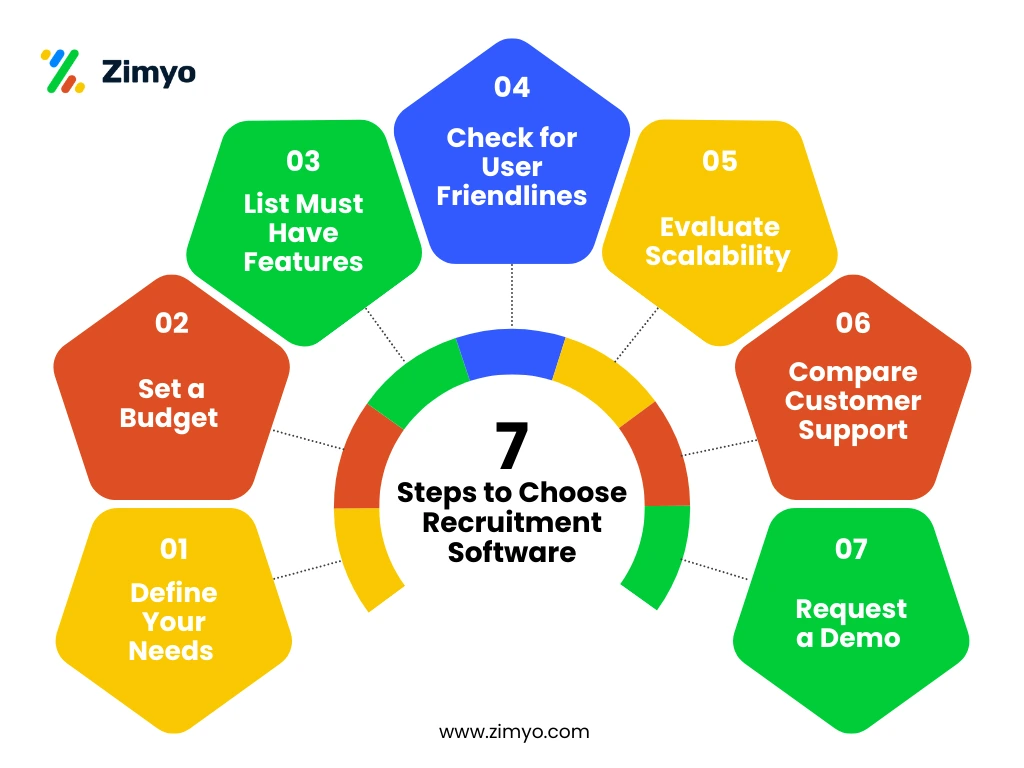
- Identify Your Hiring Needs: Define whether you need simple resume tracking or advanced AI recruiting tools.
- Set a Budget: Small businesses must balance cost and value. Many tools offer free or low-cost plans.
- Compare Features: List your must-have features and check which platform offers them.
- Evaluate Integrations: Ensure it works with payroll, HRMS, and email systems.
- Check Scalability: Choose software that can grow with your business as you expand.
- Test Ease of Use: Opt for intuitive dashboards that don’t require steep learning curves.
- Read Reviews and Testimonials: See how other small businesses are benefiting from the tool.
- Request a Free Trial or Demo: Hands-on experience is the best way to evaluate.
Benefits of Using Best Recruitment Software
Implementing the best recruitment software for small business offers numerous benefits:
- Saves Time: One of the biggest advantages is that it automates manual processes such as resume sorting, job posting, and interview scheduling and saves plenty of time.
- Reduces Hiring Costs: Another benefit is it eliminates the need for expensive recruitment agencies.
- Improves Candidate Quality: AI-driven filtering ensures only the most qualified candidates reach your shortlist.
- Enhances Team Collaboration: All stakeholders can review, comment, and make collective hiring decisions.
- Boosts Candidate Experience: Using recruitment software means faster response times and structured processes which create a positive impression on candidates.
- Ensures Compliance: Keeps records organized and aligned with labor laws.
- Provides Actionable Insights: Analytics help identify bottlenecks and improve hiring efficiency.
- Supports Business Growth: Scalable solutions adapt as your workforce needs expand.
For small businesses, these benefits translate into smarter hiring, stronger teams, and better retention rates.
Trends in Recruiting Software
Recruitment software is constantly changing. These are some of the most important trends influencing applicant tracking software and HR recruiting software for small business:
- AI Recruiting Tools: They are automating candidate matching, screening, and even interview scheduling.
- Mobile-First Recruiting: Nowadays candidates expect to apply and communicate via mobile-friendly platforms.
- Focus on Diversity & Inclusion: Recruitment tools now come with features to reduce bias in hiring.
- Video Interviews & Assessments: Integrated video tools speed up remote hiring.
- Integration with HRMS: Businesses prefer all-in-one platforms that connect recruitment, payroll, and onboarding.
- Automation in Candidate Engagement: Allows you to automate emails and chatbots, improving candidate communication.
Final Thoughts
The need for recruitment software for small businesses should be based on your company size, your budget, and recruiting requirements. Software such as Zimyo is well suited for both startups with limited budget and SMEs. Whereas Greenhouse and Workable provide features suitable for scaling companies.
In the end, the proper hiring software will not only save you time but enhance the quality of hires. And provide a smoother experience for both recruiters and applicants. By using the proper applicant tracking software for small business, you can rival larger organizations. In terms of attracting best-of-class talent and establishing a solid workforce.
The investment in recruitment software today can lay the necessary groundwork for lasting business growth tomorrow.
FAQs
What’s the best recruiting app for small businesses?
Zimyo is one of the best recruiting apps for small businesses, with an intuitive applicant tracking system, automated job posting, and end-to-end hiring process with seamless workflow saving time and minimizing manual effort.
What is the best HR software for a small business?
Zimyo is the top HR software for small businesses, including all of your recruitment and payroll, employee engagement and performance management in one platform.
What is the best software for recruitment?
Zimyo’s recruitment module is one of the best recruitment software around, and it’s designed to streamline candidate sourcing, automate applicant tracking, and ease hiring decisions.
Which platform is best for recruitment?
For small and emerging companies, Zimyo is the ideal recruitment platform since it integrates applicant tracking, candidate relationship management, and end-to-end HR solutions within a single easy-to-use system.

